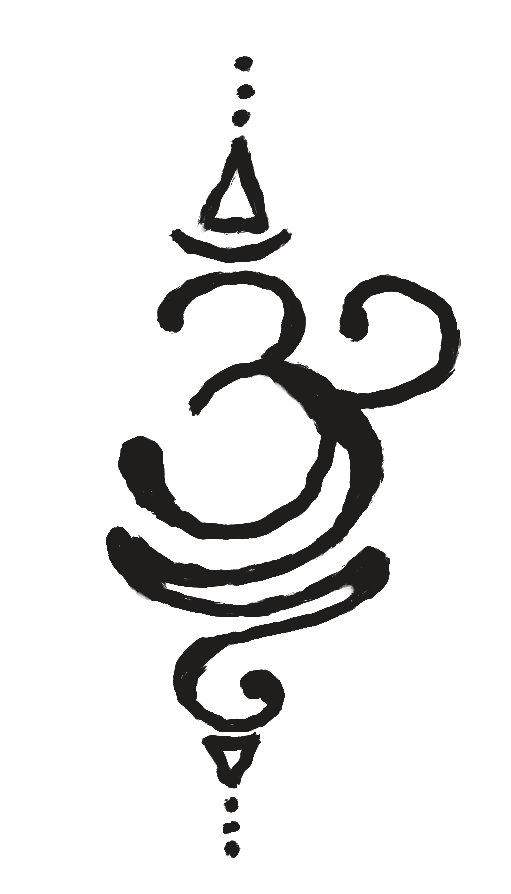Capitalism, often hailed as the epitome of economic prosperity and individual freedom, is a good thing, right? Yet, beneath its shiny facade lies a complex interplay of power dynamics and psychological forces that shape our identities and behaviors, whether we like it or not. At its core, capitalism thrives on the cultivation of a consumer identity which each of us embodies. This identity exists for the benefit of the corporations that profit from us more than it exists for us as individuals. It is a construct engineered to promote consumption and fuel economic growth – and that’s all.
When we consciously explore how this consumerist system both seeks to control us, and is dependent on our money, we stand to regain incalculable freedom and true personal agency. In this post, I will explore the profound ways that capitalism impinges – and is dependent upon – our definition of self, and the possibilities that arise when we liberate ourselves from its grip.
How did we end up here? Late-stage capitalism and the marketing that supports it is a product of our human ego; it has evolved over generations by feeding on the innate insecurities of our psychological fear/reward complex. From a young age, we are bombarded with paid advertisements that equate happiness and fulfillment with external validation and material possessions. Advertising agencies meticulously craft narratives that tap into our deepest insecurities and desires, subtlely promising happiness through the acquisition of products and services. If we mindlessly follow this trail of consumer rewards, our sense of self becomes overtaken by the brands we buy, reinforcing the notion that our worth is contingent upon what we own.
However, beneath the surface of this facade of happiness, we remain profoundly disconnected and unfulfilled, trapped in a perpetual cycle of desire and discontent. Our mindless pursuit of material possessions and societal validation only serves to further entrench us in the market-driven system, perpetuating this cycle of dependency and exploitation.
Capitalism exploits our innate psychological fear/reward complex, manipulating our primal instincts to drive consumption and reinforce social hierarchies. The promise of instant gratification and social acceptance triggers dopamine releases in our brains. This delivers a temporary sense of euphoria, but it quickly fades, leaving us craving more. For many people this manifests as depression and addiction which the consumer culture is not concerned about. When we view it in this way, we begin to see that capitalism preys upon our insecurities and vulnerabilities, perpetuating a culture of consumerism that prioritizes profit over human well-being.
Do we want to be willing participants in a system that exploits us in these ways? Consider the detrimental effects of capitalism on our mental health and the environment. Consider what drives your consumer choices. What happens if you don’t go and buy that next pair of shoes or that electronic gadget? You’re making a choice to disengage to a small degree from the system that is exploiting you. By taking small self-affirming steps like these, an increasing number of individuals are choosing to disconnect from the system and reclaim their autonomy. This conscious disengagement marks the first step towards liberating yourself from the consumer identity that’s been created for you.
By stepping off the treadmill of consumerism, we gain newfound freedom to define success on our own terms and pursue paths that align with our values and passions. We discover the value of community. Freed from the pressures of societal expectations and materialism, we are able to cultivate deeper connections with ourselves and others, finding value in relationships and experiences rather than material possessions.
Furthermore, disconnecting from the consumerist system enables us to challenge the status quo and mindfully advocate for systemic change, which we sorely need. Whether through minimalist lifestyles, sustainable consumption practices, or grassroots activism, we can find creative ways to resist the allure of consumerism and envision a better life, prioritizing collective well-being over profit.
In essence, the journey towards liberation from consumer identity is not merely a rejection of capitalism but a reclamation of our human-ness. It is a testament to our capacity to transcend the limitations imposed upon us and to forge a path towards a more equitable, sustainable, and fulfilling future. As we consciously disconnect from the system, we unlock the door to incalculable freedom and true personal agency, paving the way for a brighter tomorrow for ourselves, the planet and future generations.
Who are you without your consumer identity?


